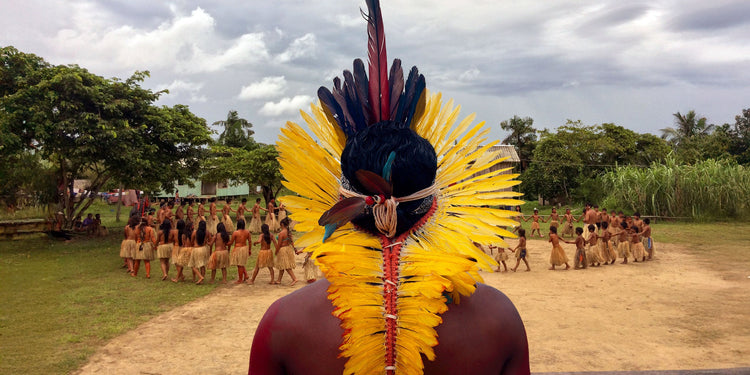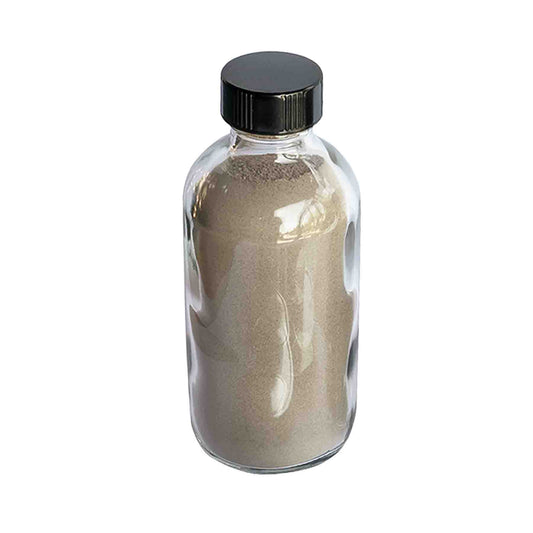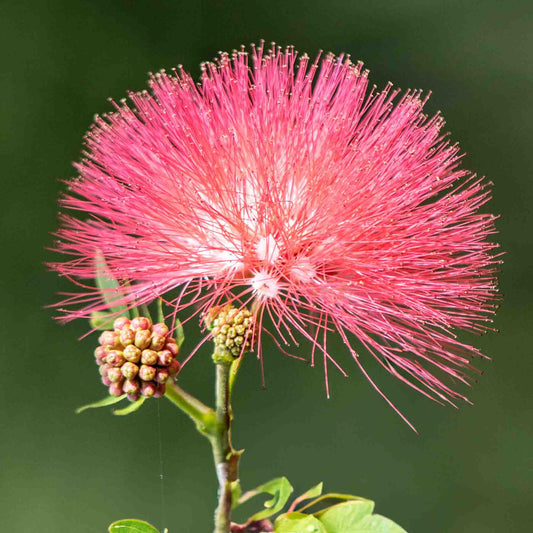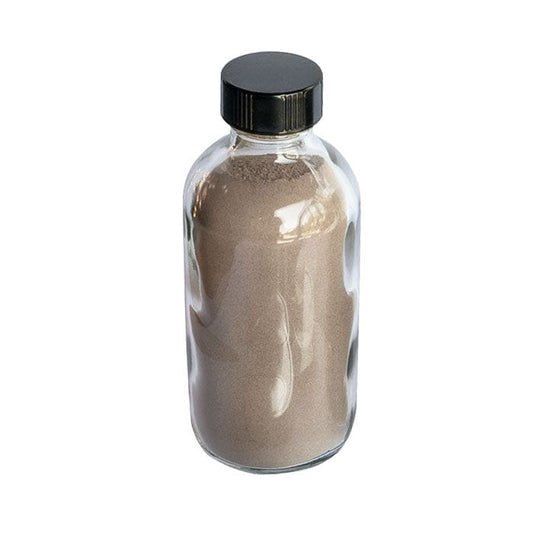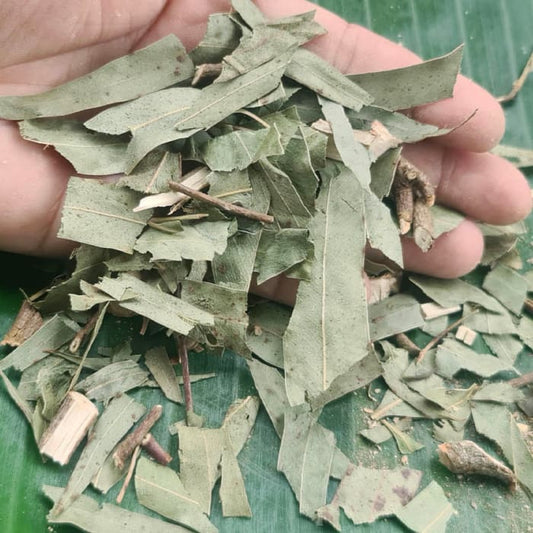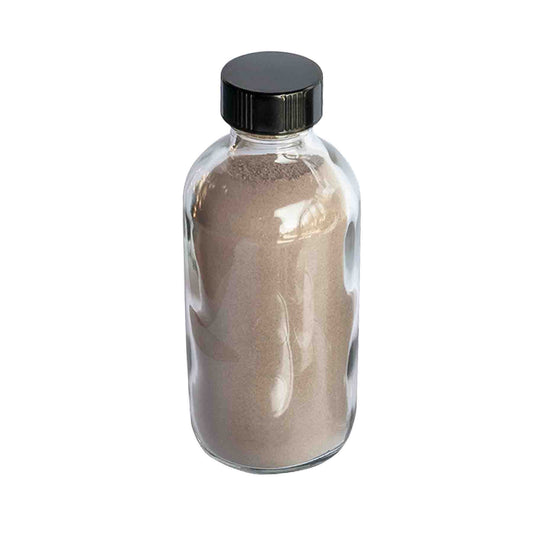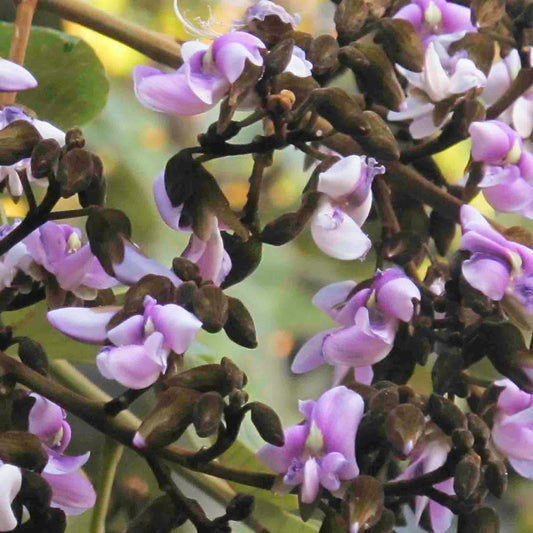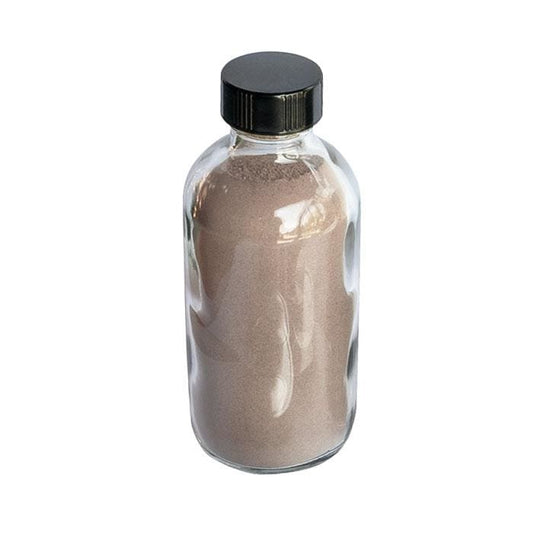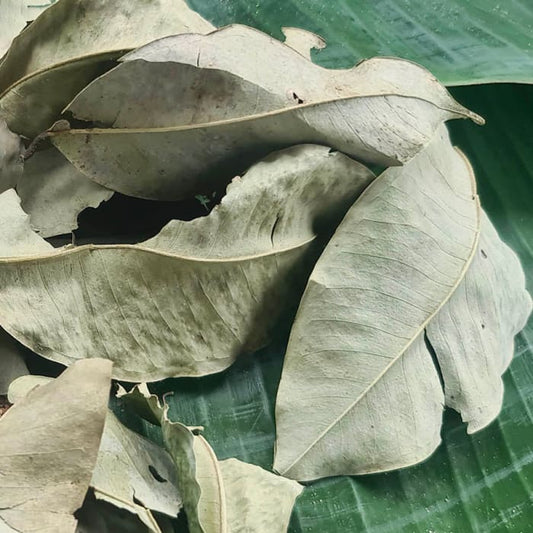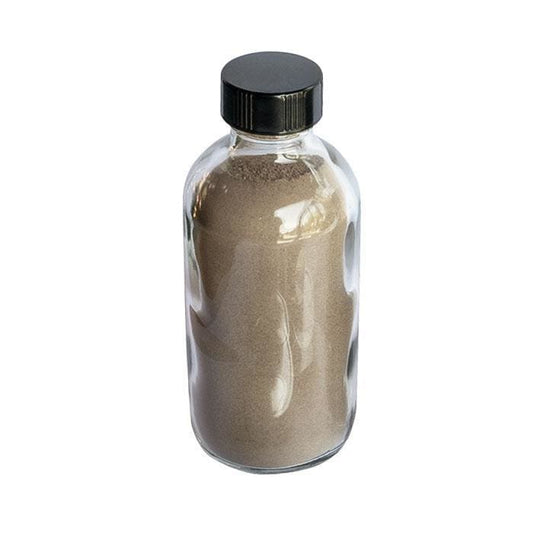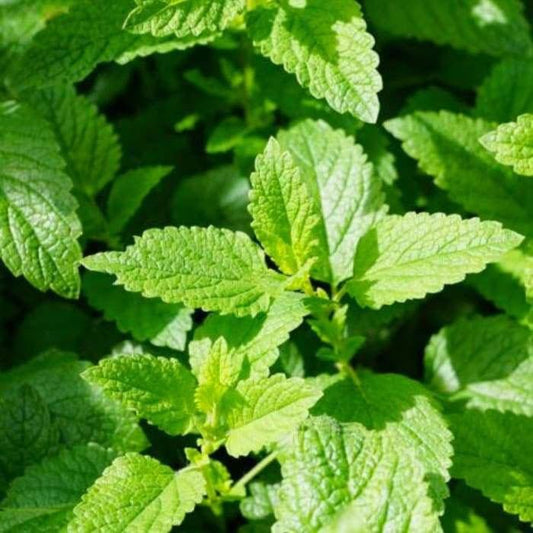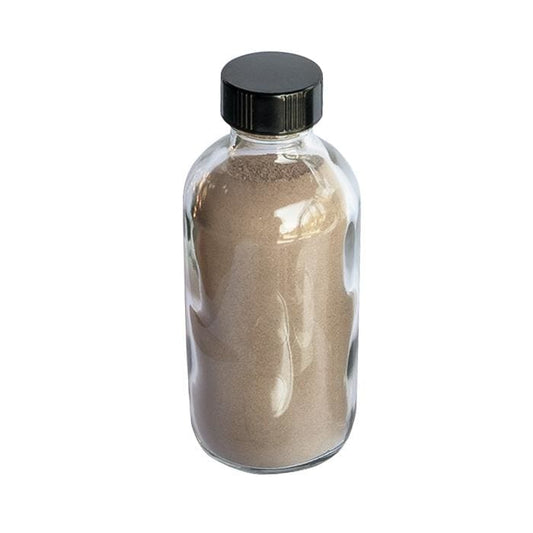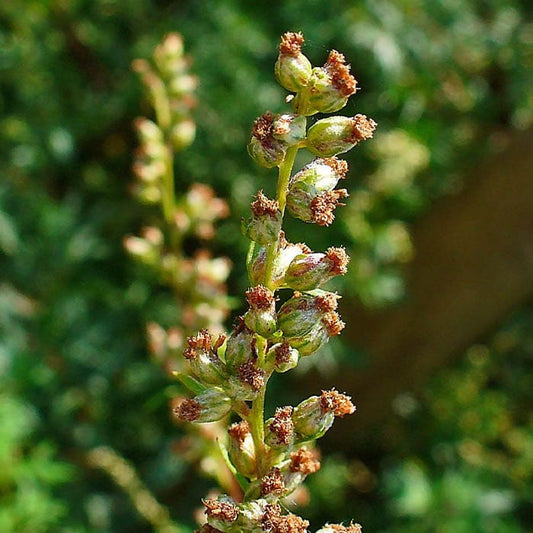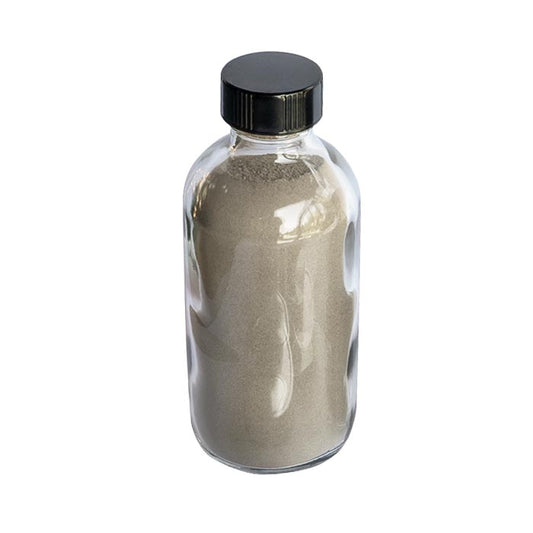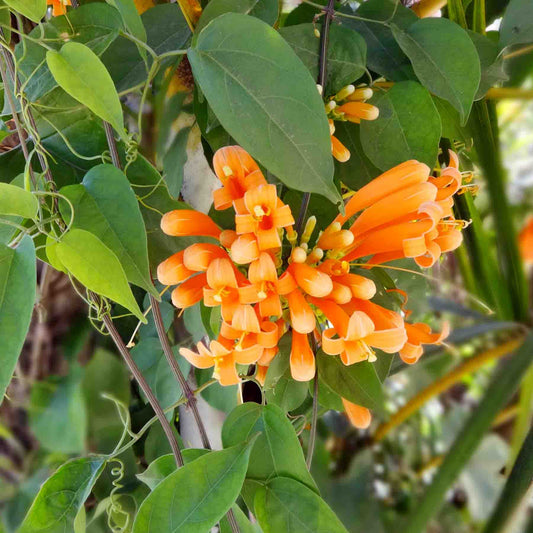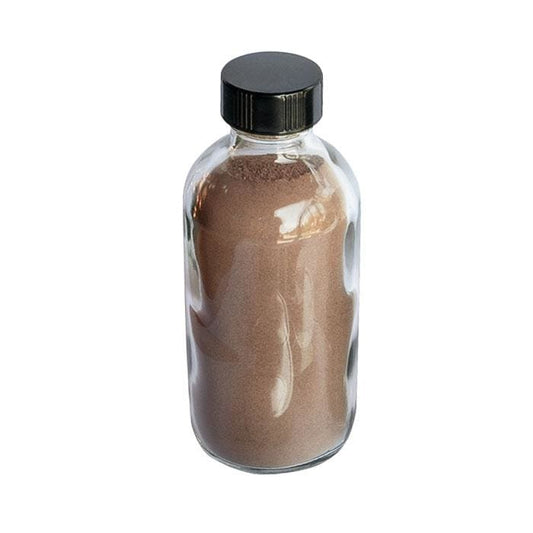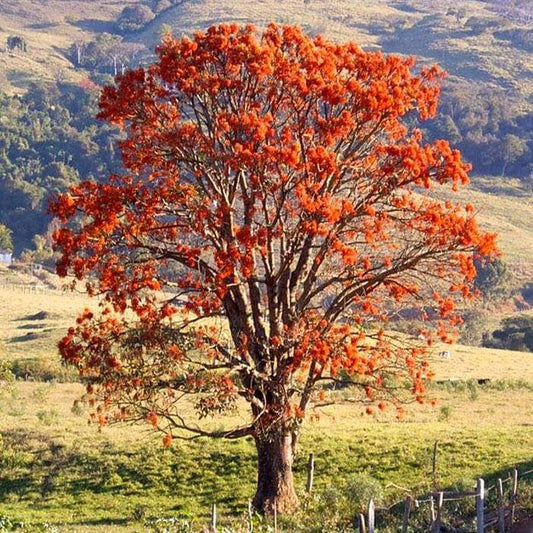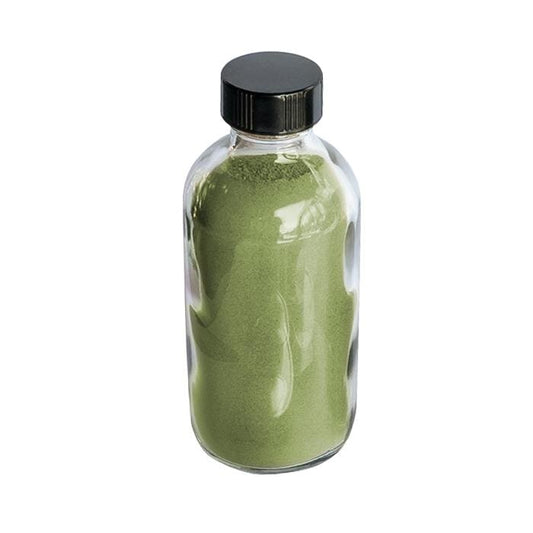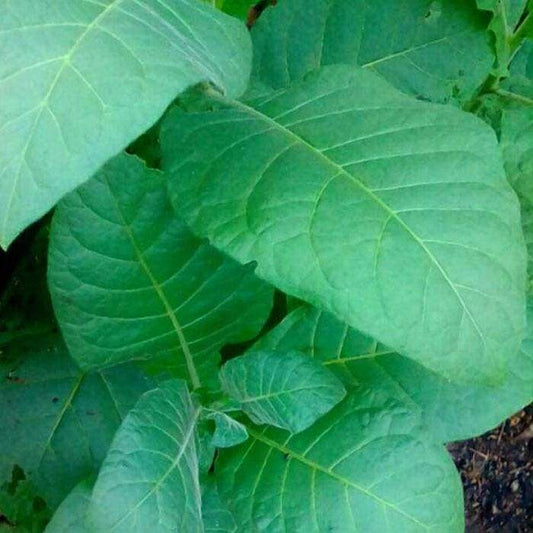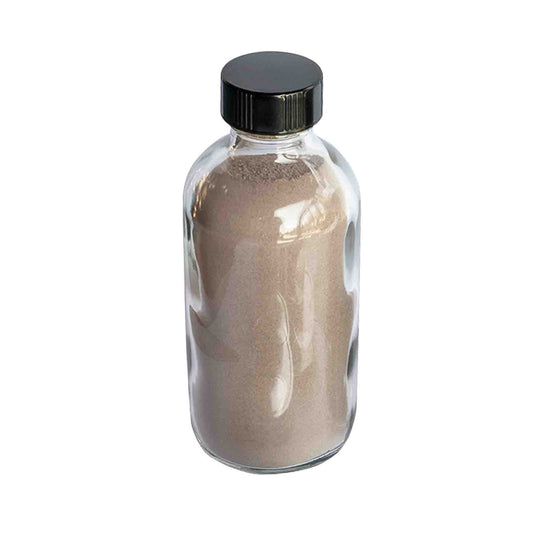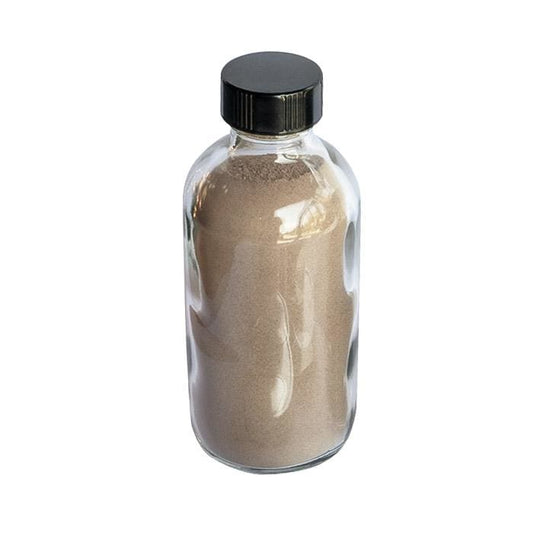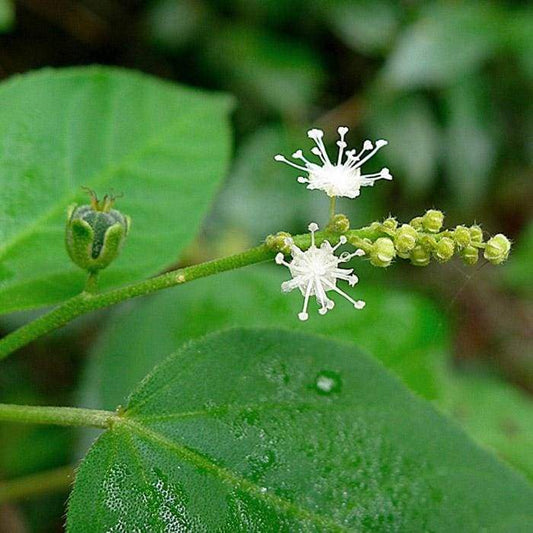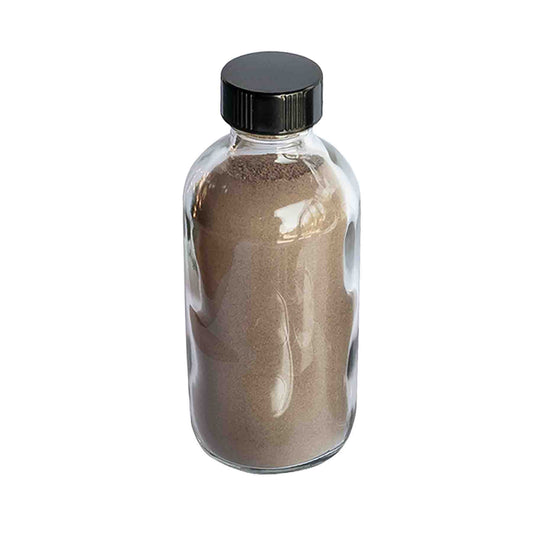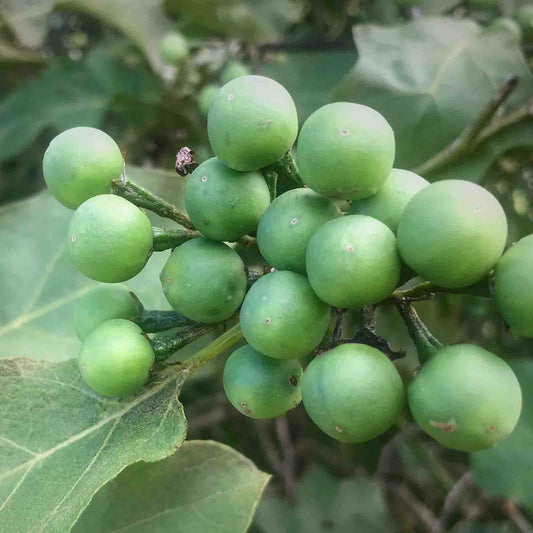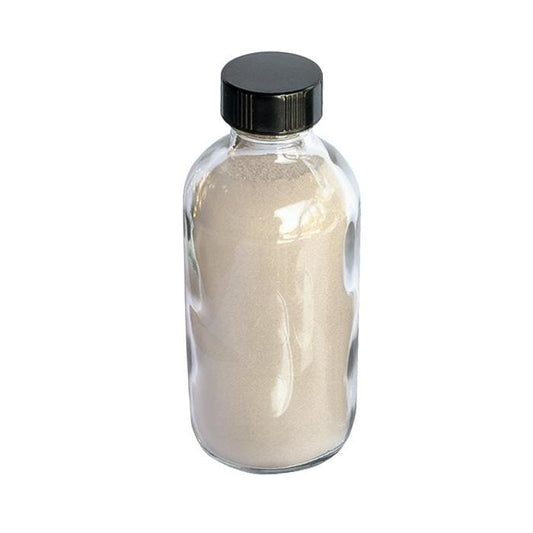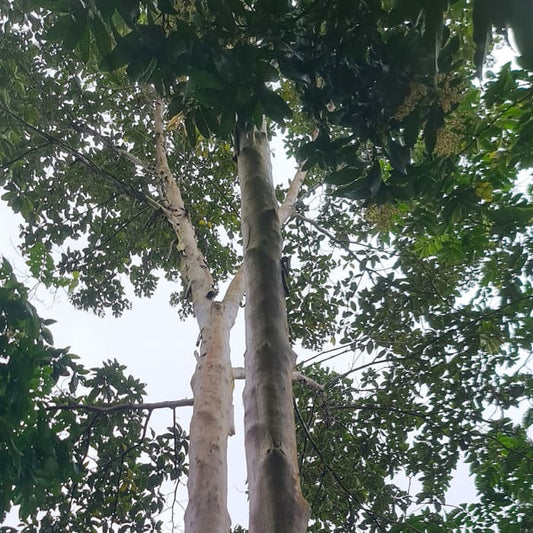Photos from Yawanawá Life










Yawanawá Tribe FAQ
Who are the Yawanawá and where do they live?
The Yawanawá are an indigenous people living in the state of Acre, Brazil, mainly in the Gregório River Indigenous Land. Their territory includes the villages of Mutum, Escondido, Amparo, Tibúcio, Matrinxã, and Sete Estrelas.
What is the population of the Yawanawá tribe?
The Yawanawá population is approximately 1,200 individuals.
What language do the Yawanawá speak and what is its current status?
The Yawanawá speak a language that belongs to the Panoan linguistic family. Efforts are being made to revitalize and preserve the Yawanawá language, which is considered endangered.
What are some of the Yawanawá's traditional practices?
The Yawanawá maintain various traditional practices, including the use of sacred plants in ceremonies, body painting, feather art, and the making of traditional medicine. They have a strong connection to the use of ayahuasca (nixi pae) and rapé (rumã), which are central to their spiritual practices. Their craftsmanship includes the creation of intricate beadwork, bracelets, and headdresses made from natural materials found in the Amazon rainforest. Additionally, the Yawanawá host an annual festival that attracts visitors from around the world. This festival provides an opportunity for people to experience Yawanawá culture firsthand through music, dance, traditional rituals, and community gatherings.
How have historical interactions affected the Yawanawá?
Like many Amazonian tribes, the Yawanawá faced significant hardships during the rubber boom in the early 20th century, including forced labor and exposure to diseases, which led to a decline in their population and disruption of their traditional way of life. Continued interaction with non-indigenous society has brought challenges, but the Yawanawá have worked towards cultural and territorial reassertion and strengthening their traditional practices.
What environmental knowledge and contributions do the Yawanawá have?
The Yawanawá possess extensive knowledge of the Amazon rainforest, including medicinal plants and sustainable agricultural practices. Their traditional knowledge and environmental stewardship contribute significantly to the preservation of the Amazon's biodiversity.
How can one learn more about the Yawanawá tribe?
How can one learn more about the Yawanawá tribe? Detailed information on the Yawanawá tribe can be found on the Instituto Socioambiental (ISA) website here.

